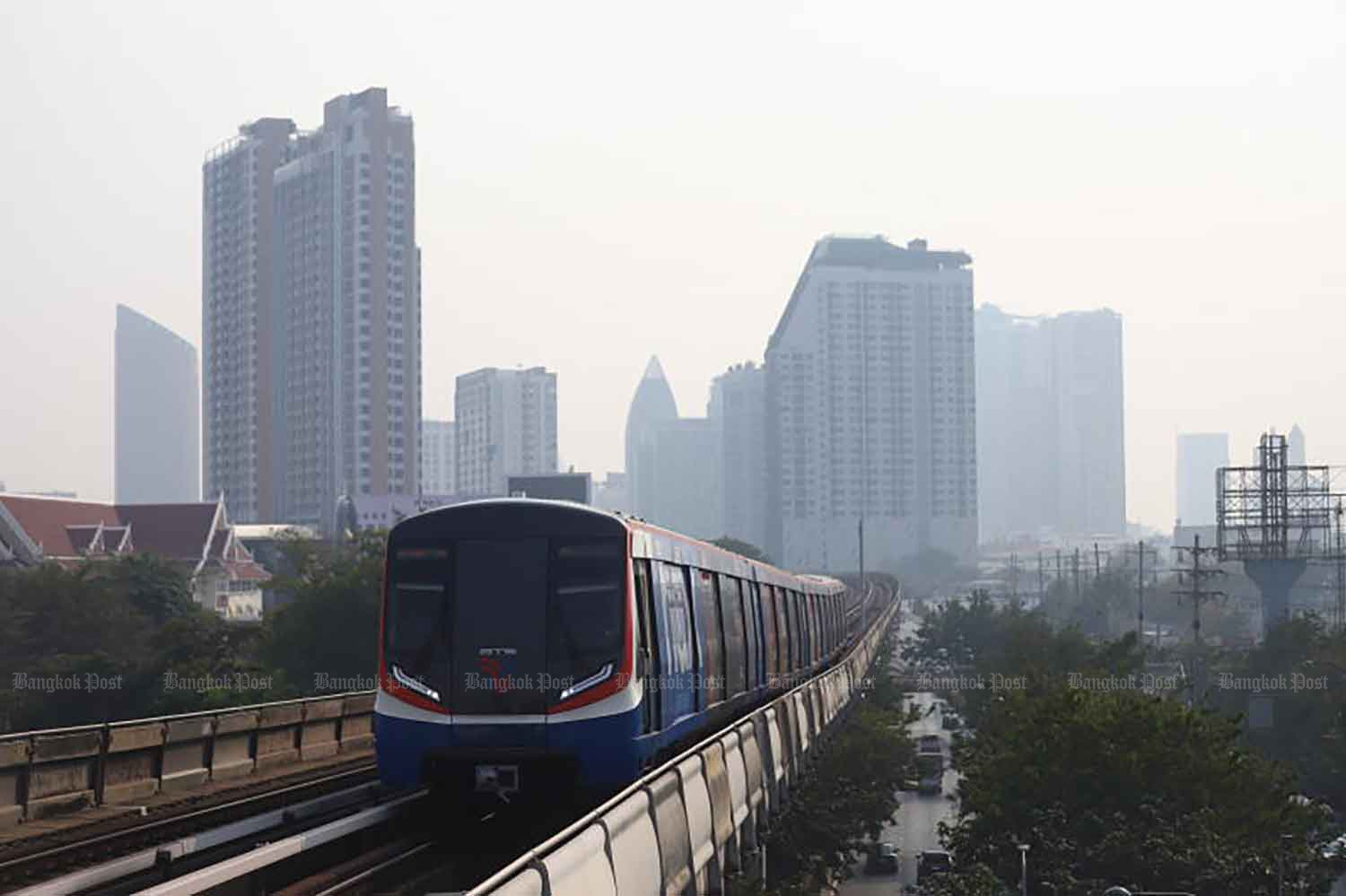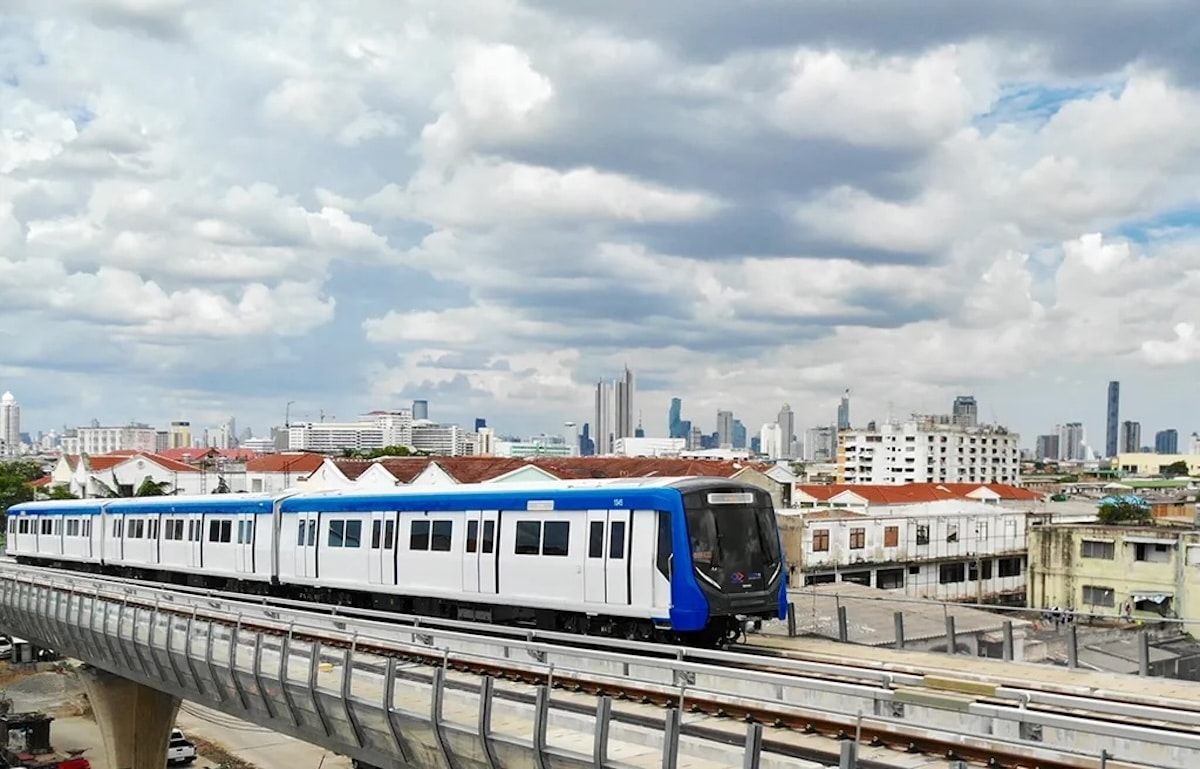A recent poll conducted by the National Institute of Development Administration reveals widespread dissatisfaction among Bangkok residents regarding the government’s efforts to address the PM2.5 crisis.
Public Perception of Government Agencies
Inefficiency in Tackling Air Pollution
The majority of Bangkokians surveyed expressed disappointment in the performance of state agencies tasked with addressing the capital’s air pollution problem. A staggering 41.15% of respondents deemed these agencies somewhat inefficient, while 35.34% considered them completely inefficient.
Free Public Transport Initiative
Limited Impact on Air Quality
The government’s week-long offer of free public transport received a lukewarm response from the public. 34.89% of those polled believed it helped very little in addressing the PM2.5 crisis, while 33.89% thought it had no impact at all.
Educational Institution Closures and Work-from-Home Policies
Mixed Opinions on Effectiveness
Public opinion was divided on the effectiveness of closing educational institutions and encouraging work-from-home arrangements. While 34.89% of respondents felt these measures somewhat helped, 33.21% believed they had very little impact.
Preferred Agencies for Tackling PM2.5
Pollution Control Department Leads
When asked which state agency best address Bangkok’s ultrafine dust pollution could, 41.15% of respondents favored the Pollution Control Department. The Bangkok Metropolitan Administration followed with 34.27% support.
Long-term Solutions Needed
Experts Call for Comprehensive Approach
Experts urge the government to prioritize air quality management with clear, science-based policies and a long-term action plan. Cooperation between state agencies, researchers, and the public is deemed essential for effectively combating the PM2.5 crisis.
Health Risks of PM2.5 Exposure
Short-term and Long-term Health Impacts
Medical experts warn about the serious health effects of PM2.5 exposure, including lung irritation, cancer, and heart disease. Research has also found toxic heavy metals in Bangkok’s air, further increasing cancer risks.
Proposed Air Quality Standards
Potential Health Benefits
Experts suggest that if Thailand adopts the World Health Organization’s air quality standard of less than 15 mcg/m3, cancer cases could potentially drop by 44%.
This poll highlights the urgent need for more effective measures to combat PM2.5 pollution in Bangkok and across Thailand. As public awareness grows, pressure mounts on government agencies to develop and implement comprehensive strategies to improve air quality and protect public health.









